June 15, 2025 | 12:13 GMT +7
June 15, 2025 | 12:13 GMT +7
Hotline: 0913.378.918
June 15, 2025 | 12:13 GMT +7
Hotline: 0913.378.918
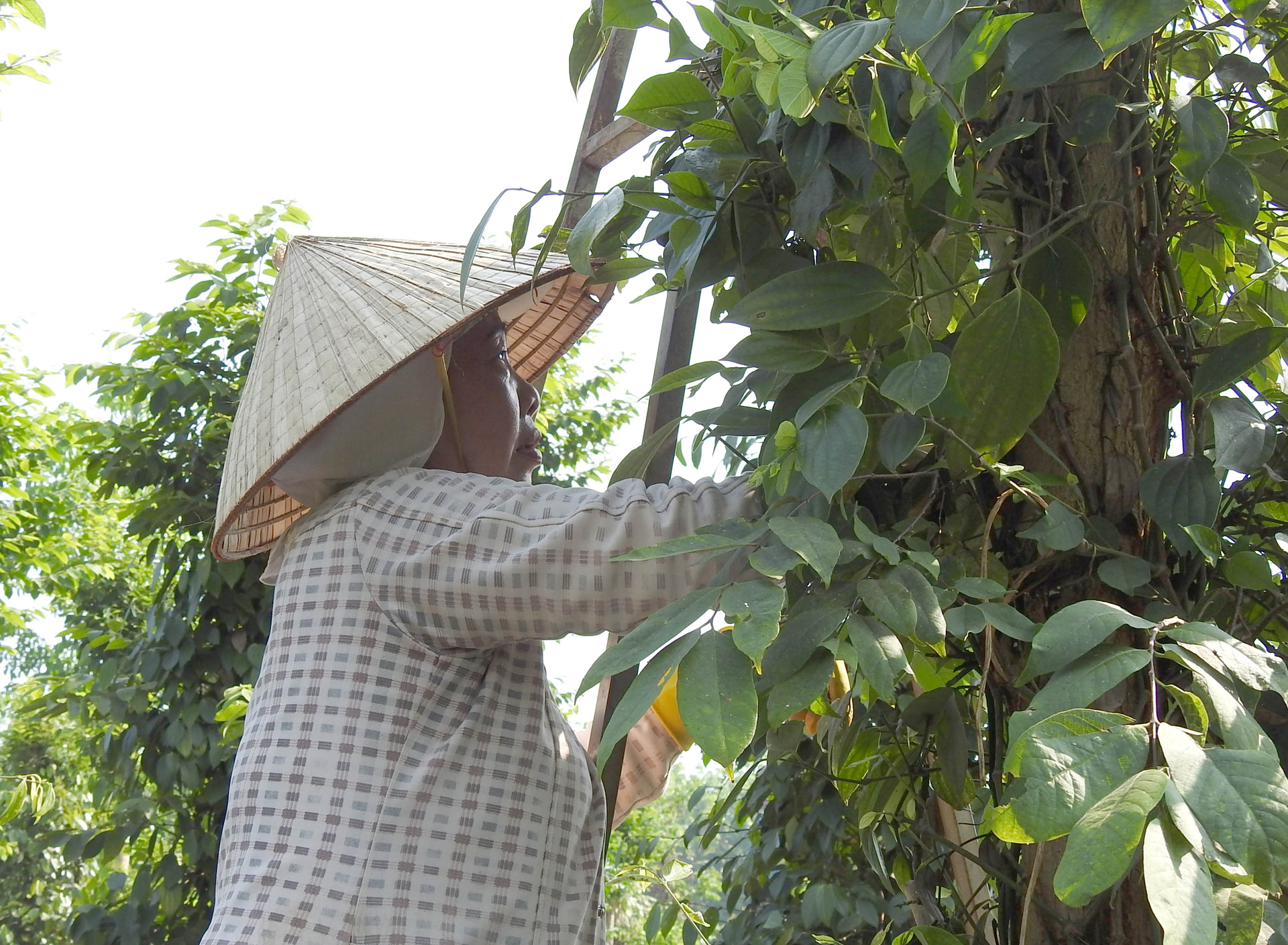
Farmers harvest pepper in Dong Nai province. Photo: Son Trang.
According to Ms. Hoang Thi Lien, Chairwoman of the Vietnam Pepper and Spice Association (VPSA), based on assessment and review of data compared to previous forecasts, Vietnam's pepper production in 2023 is estimated to reach around 190,000 tons, a 3.8% increase compared to 2022.
The flooding situation that occurred in July, especially in the Central Highlands region and particularly in Dak Nong province, has somewhat affected pepper plantations that were not properly drained to prevent flooding. However, this is not as concerning as the upcoming El Nino phenomenon expected to occur towards the end of this year and extend into the beginning of next year, leading to drought conditions, lack of rainfall, and potentially reducing Vietnam's pepper production in the following year.
As of the end of June 2023, Vietnam exported a total of 152,986 tons of various types of pepper, including 138,377 tons of black pepper and 14,609 tons of white pepper. The total export revenue reached 485.9 million USD, with black pepper accounting for 417.9 million USD and white pepper accounting for 68.0 million USD. Compared to the same period last year, the export volume increased by 21.8%, equivalent to 27,433 tons, whereas the export revenue decreased by 14.6%, equivalent to a decrease of 82.3 million USD.
Considering the export volume of pepper over the past six months, VPSA predicts that the annual supply this year is not abundant. It is expected that by the end of August, Vietnam will have exported the entire production of 2023, which could hopefully have a positive impact on the market in the later months of the year.
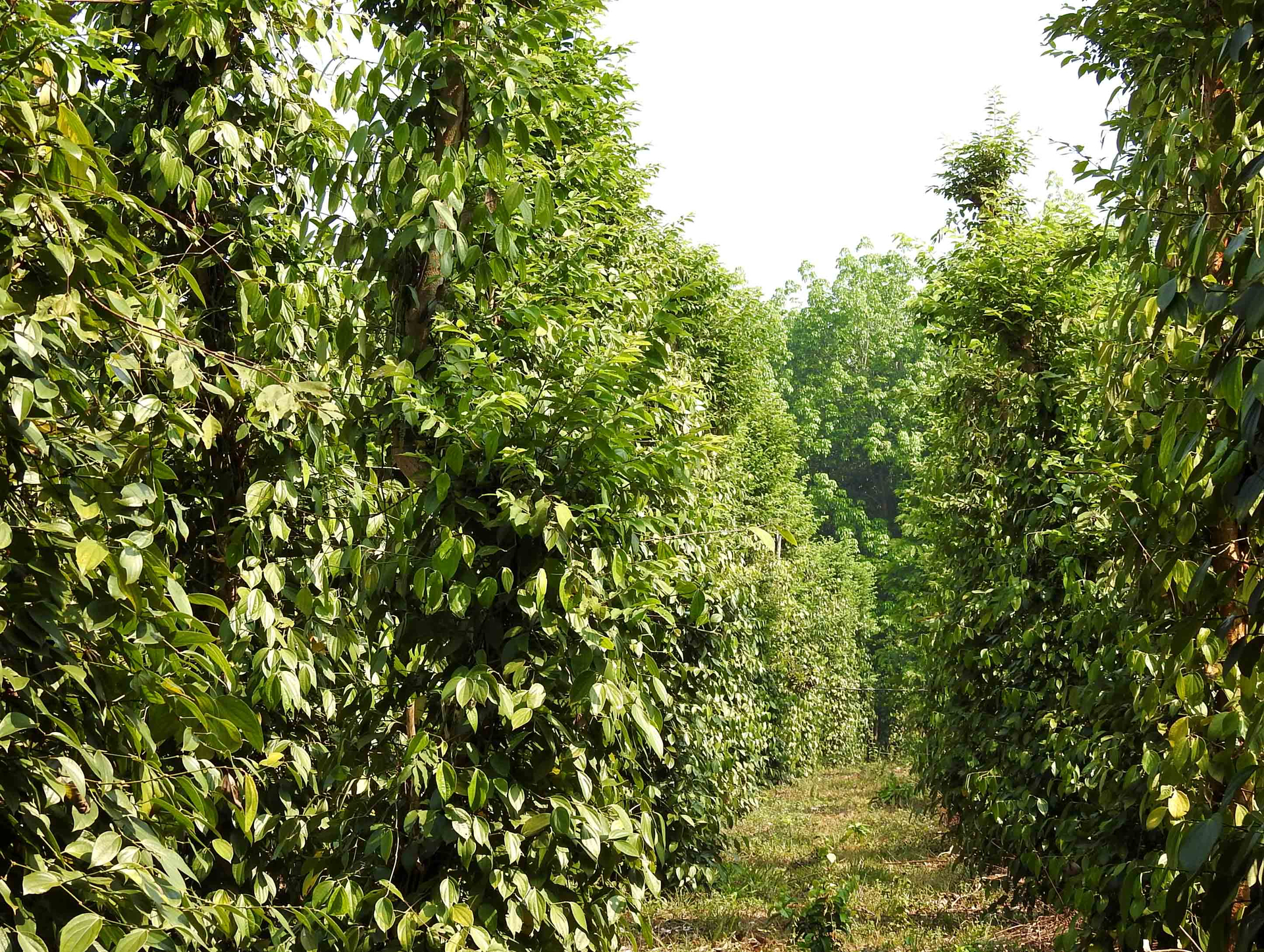
A pepper farm in Dong Nai. Photo: Son Trang.
The current concern of both pepper exporting businesses and farmers is the upcoming pepper price.
After the abandonment of the Zero Covid policy, China imported over 50,000 tons of pepper in the first six months of 2023, significantly contributing to the increase in pepper prices in Vietnam from March to May. However, the quantity of pepper purchased by China might have satisfied their short-term domestic demand, leading to a decline in pepper imports to China starting in June. This, coupled with weak demand from traditional markets such as the United States and Europe, as well as the anticipation of harvests from Brazil and Indonesia, are the factors causing the drop in pepper prices.
Mr. Nguyen Ngoc Luan, Director of Lam San Agricultural Cooperative (Cam My district, Dong Nai province), noted that the current pepper price remains lower than the production cost for farmers, particularly the labor cost for pepper harvesting. Specifically, the export price of pepper to Europe is currently around 3.6 – 3.7 USD/kg. Meanwhile, the cost of hiring labor for a day of pepper harvesting is approximately 280,000 VND. On average, a laborer can harvest 10 kg of dried pepper per day. Therefore, the labor cost for harvesting 1 kg of dried pepper is 28,000 VND, equivalent to 1.2 – 1.3 USD. With the current export price, pepper growers are not making profits.
According to VPSA, there have been more optimistic signs for pepper prices. The continuous reduction in production in certain countries in recent times has led to a decrease in global pepper reserves.
Additionally, the World Bank's forecast for economies such as the United States, Europe, and China having positive prospects toward the end of the year will likely lead to improved demand for pepper and spices in these markets. This could impact prices from now until the end of the year.
Especially given the general concern about global food shortages, the restriction on rice exports imposed by India and Russia's withdrawal from the Black Sea Grain Initiatives are supportive signals for the agricultural market in general and the global spice market in particular. The limited remaining pepper production in Vietnam could also have a positive influence on prices during the remaining months of the year.
Translated by Nguyen Hai Long

(VAN) Noting risks, report examines impacts of avian influenza, changing trade patterns since 2022, fish fraud, and shipping industry’s net-zero goals.

(VAN) Mr. Tran Quang Bao, General Director of the Forestry and Forest Protection Department, met and worked with the International Wood Products Association to promote cooperation in the field of timber trade.

(VAN) China's outbound shipments of rare earths in May jumped 23% on the month to their highest in a year, though Beijing's export curbs on some of the critical minerals halted some overseas sales.

(VAN) To sustain capital flow, administrative reform alone is not enough; what farmers truly need is an ecosystem where both government and businesses grow together in support.
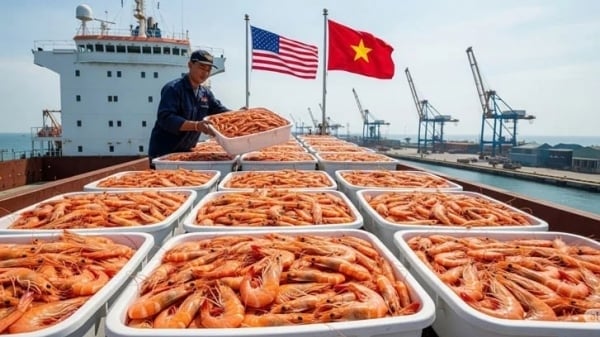
(VAN) Vietnam and the United States are proactively working together, each in their own way, to ensure that every container of agricultural goods carries not just products, but also long-term trust and value.
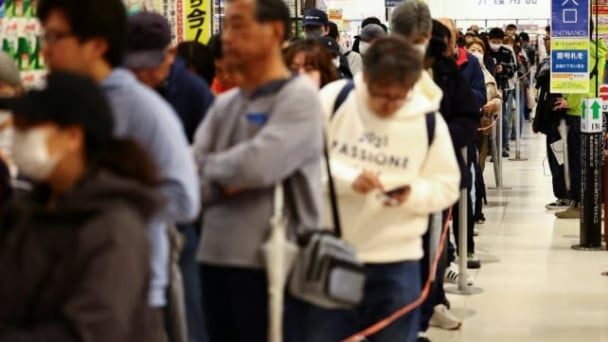
(VAN) Stores have started selling rice from the government’s stockpile to feed demand for the staple.
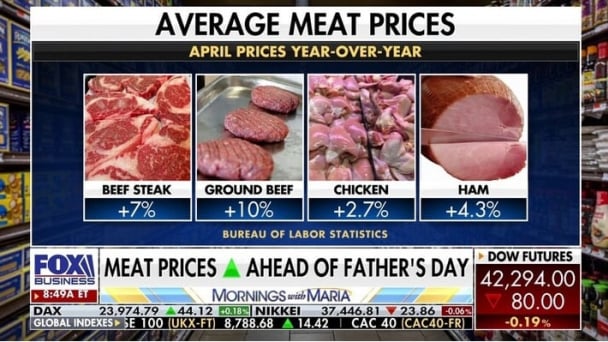
(VAN) Omaha Steaks CEO says rebuilding cattle herds will take about a year to ease price pressures.